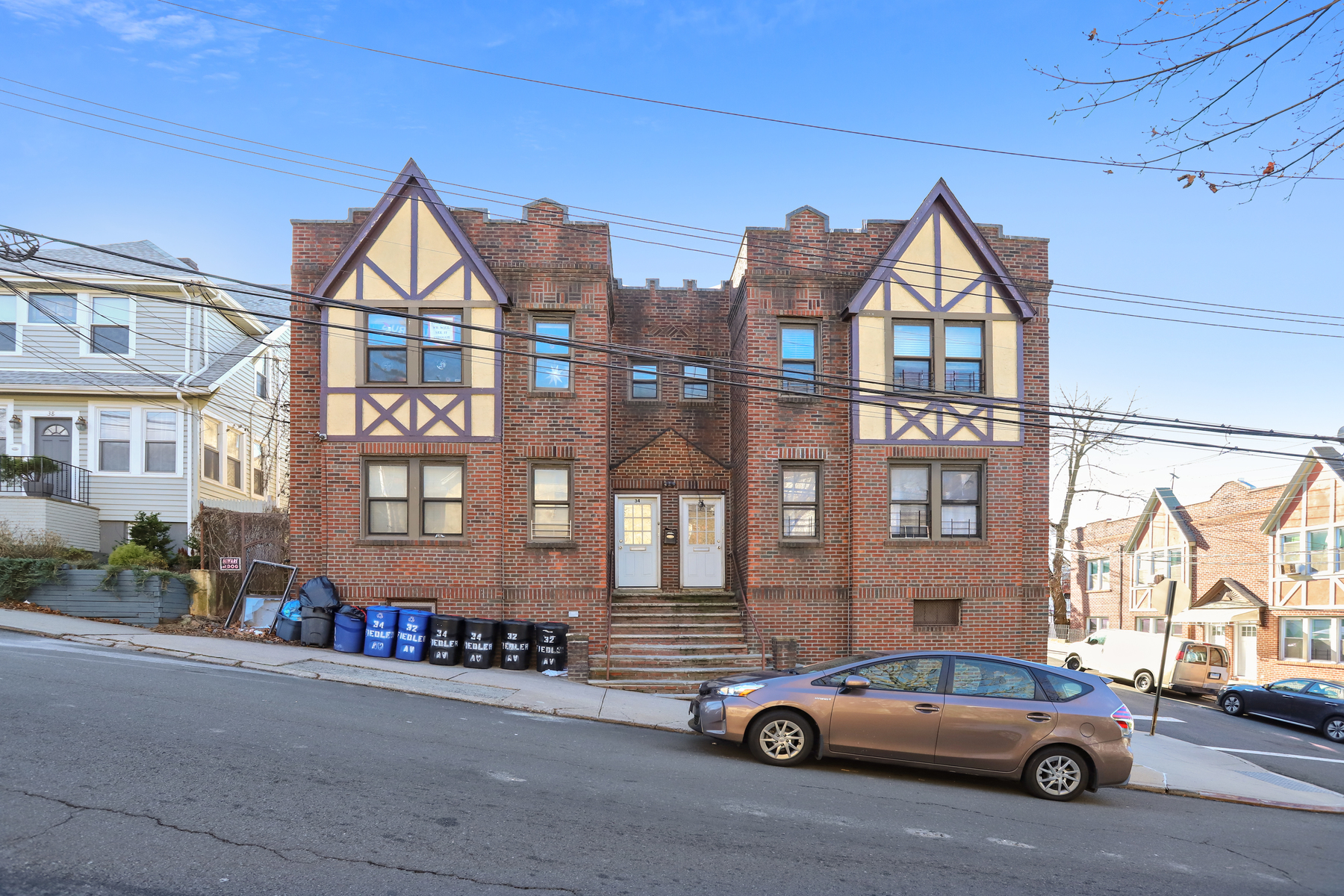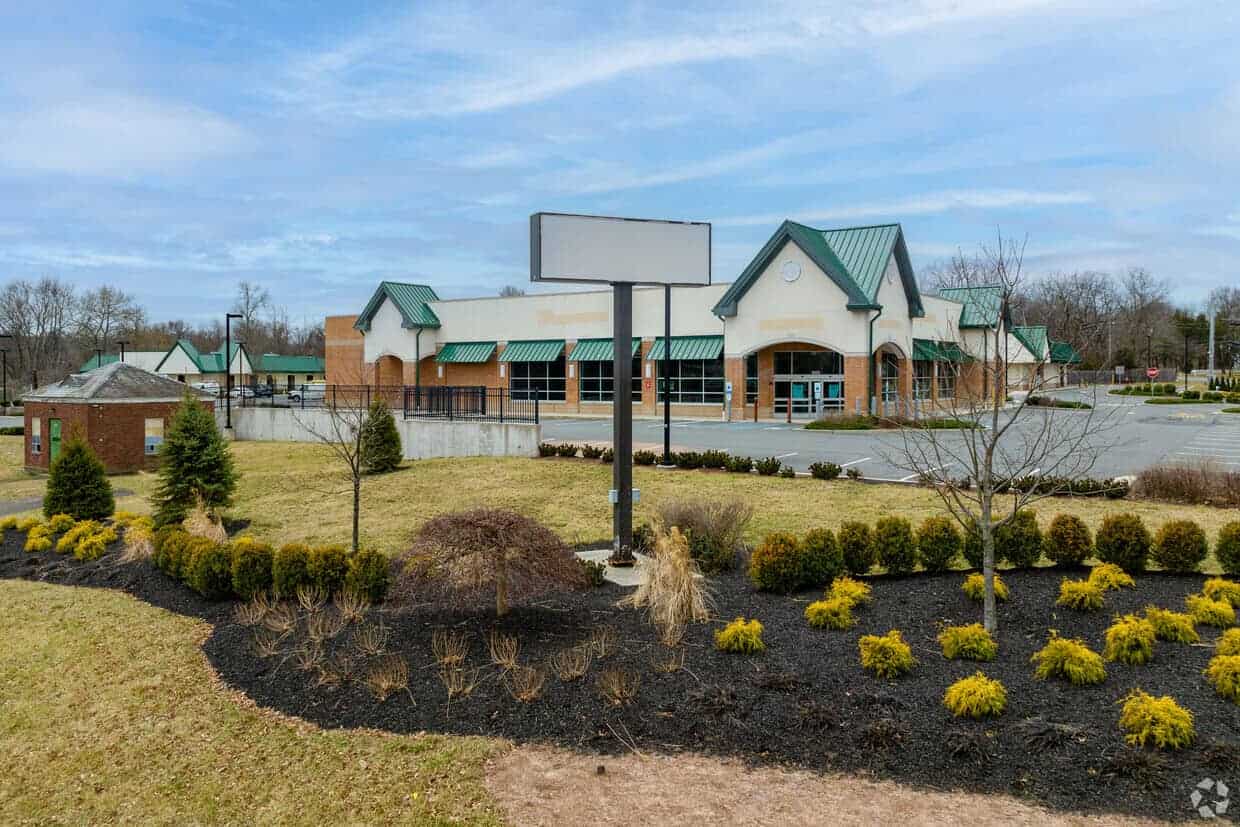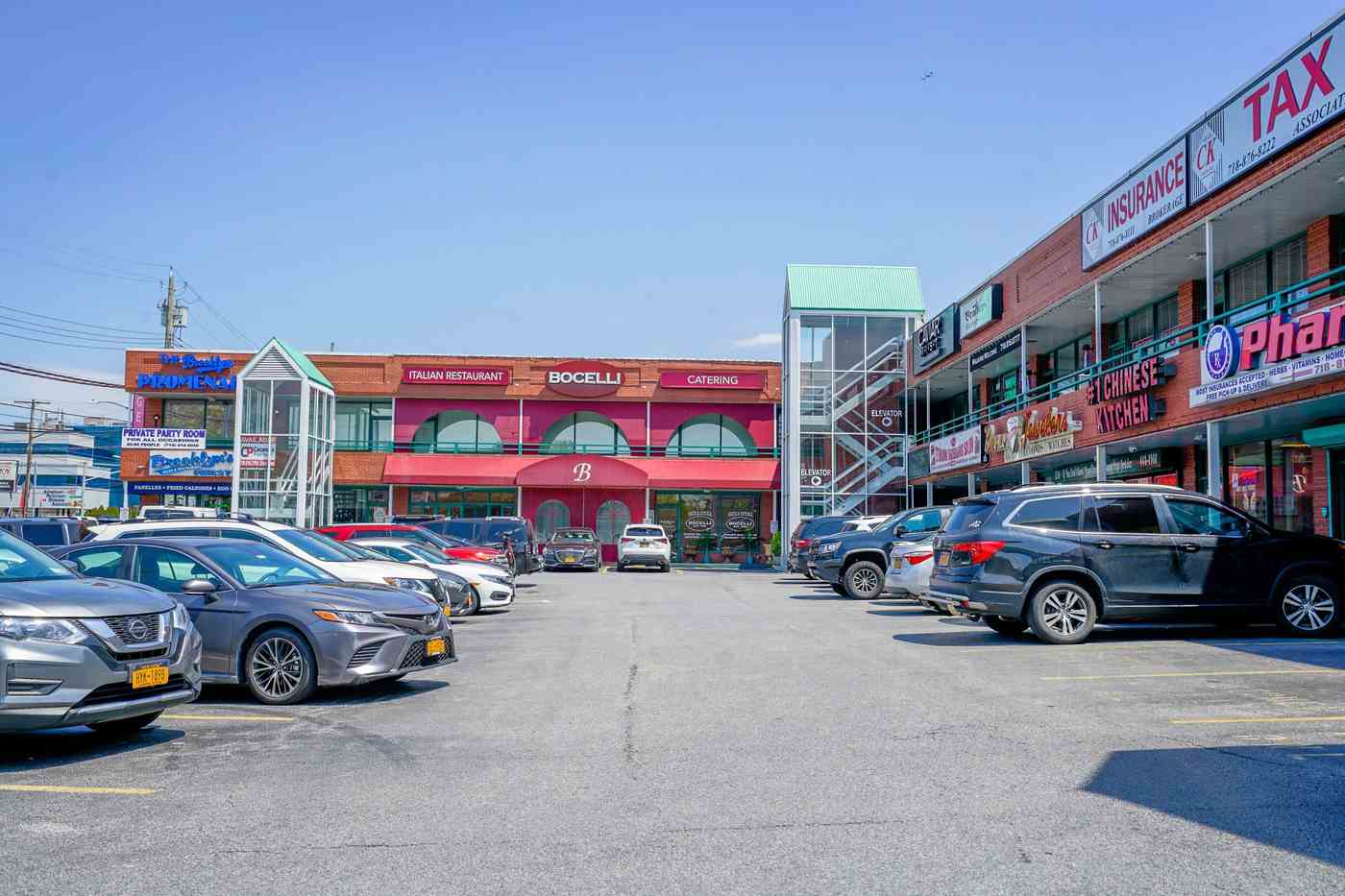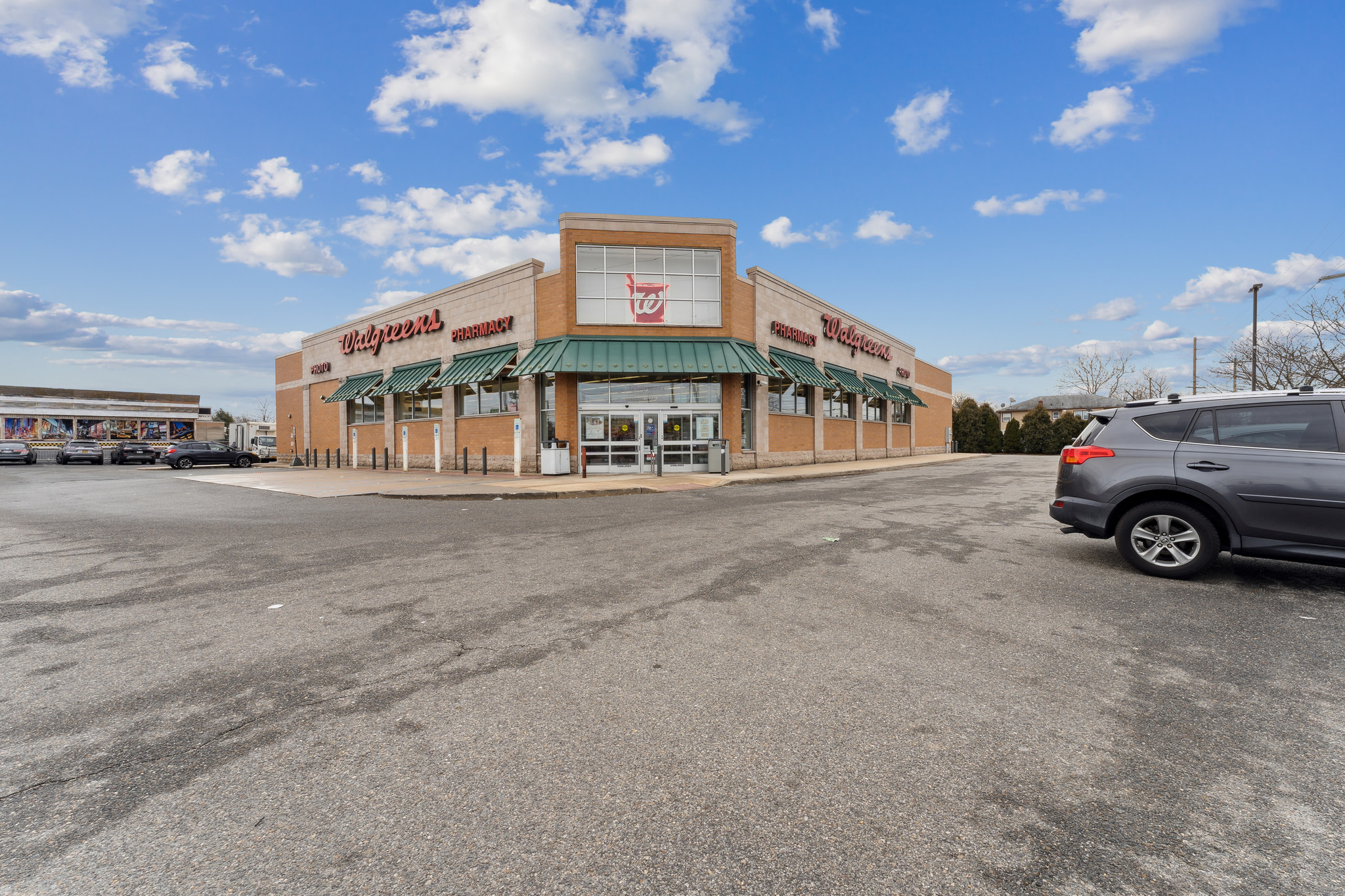Introduction
When it comes to commercial real estate, negotiating your lease terms is an essential aspect of getting the best deal. A well-negotiated lease can save you a significant amount of money and give you the flexibility you need for your business to grow. In this article, we’ll provide you with valuable tips to help you navigate the negotiation process, ensuring you get the most out of your lease agreement.
Know the Market
Research Local Rental Rates
Before entering into lease negotiations, it’s crucial to have a clear understanding of the local market. Research the average rental rates for commercial properties similar to yours in the area. This information will give you a strong foundation to build your negotiation strategy and help you make informed decisions when discussing lease terms with potential landlords.
Understand Market Trends
Beyond the local rental rates, it’s essential to understand the broader market trends affecting commercial real estate. Are rental rates increasing or decreasing in your area? Is there a high vacancy rate for commercial properties? Knowing these trends can provide valuable insight and leverage during negotiations.
Determine Your Needs
Space Requirements
Before you start negotiating, make sure you have a clear understanding of your space requirements. Consider the type of business you’re operating, the number of employees, and any specific layout or functionality needs. Having a well-defined list of requirements will help you focus on properties that meet your needs and enable you to negotiate more effectively.
Lease Length
Consider the length of the lease you’re willing to commit to. A longer lease term may provide more negotiating power and potentially lower rent, but it could also limit your flexibility if your business needs change. Conversely, a shorter lease term offers more flexibility but might come with a higher rent. Determine the lease length that best suits your business needs and use it as a negotiation point.
Prepare Your Negotiation Strategy
Prioritize Your Needs
When preparing your negotiation strategy, prioritize your needs and goals. Identify the most critical aspects of the lease, such as rent, lease length, and tenant improvements. Focusing on your top priorities will help you negotiate effectively and ensure you get the most favorable terms possible.
Be Ready to Compromise
Negotiation is a give-and-take process. To reach a mutually beneficial agreement, you should be prepared to compromise on certain aspects of the lease. Keep in mind your priorities and be willing to make concessions in other areas to get the terms you want.
Understand the Lease Components
Base Rent
The base rent is the primary cost you’ll pay for leasing the commercial space. It’s usually expressed as a price per square foot per year. During negotiations, you can try to lower the base rent or negotiate a rent-free period, especially if you’re committing to a longer lease term.
Additional Rent and Operating Expenses
In many commercial leases, tenants are responsible for additional rent, which includes common area maintenance (CAM) fees, property taxes, and insurance. Understand how these costs are calculated and try to negotiate caps or limitations to prevent unexpected increases.
Lease Term and Renewal Options
The lease term refers to the length of time the lease agreement will be in effect. Consider negotiating options to renew your lease, as well as any rent increases during the renewal period. Having renewal options can provide stability and predictability for your business in the long term.
Seek Professional Help
Commercial Real Estate Brokers
Working with an experienced commercial real estate broker can be a valuable asset during lease negotiations. Brokers have extensive knowledge of the local market, as well as experience negotiating lease terms. They can help you identify suitable properties and negotiate favorable terms on your behalf.
Real Estate Attorneys
Engaging a real estate attorney is another essential step in negotiating your lease terms. An attorney can review the lease agreement to ensure it’s legally sound and protect your interests. They can also help you understand complex legal jargon and negotiate specific clauses to safeguard your rights as a tenant.
Conclusion
In conclusion, negotiating your lease terms in commercial real estate can be a daunting and time-consuming process. However, with the right knowledge, strategy, and professional assistance, you can secure the most favorable lease terms for your business, saving you money and providing the flexibility you need to grow and succeed.
To ensure you get the best deal possible, we highly recommend partnering with PreReal™ Prendamano Real Estate and their team of experts. Their extensive experience and knowledge in commercial real estate will not only help you navigate the complexities of the market but also provide invaluable advice and guidance throughout the negotiation process.
Don’t leave your lease negotiations to chance. Reach out to PreReal™ Prendamano Real Estate today and let their team of professionals help you secure the perfect lease terms for your business. Your success is their top priority, and with their assistance, you can confidently move forward with a lease that meets all your needs.
Ready to get started? Contact PreReal™ Prendamano Real Estate now and turn your commercial real estate dreams into reality!
FAQs
1. How can I research local rental rates for commercial properties?
You can research local rental rates by reviewing online commercial real estate listings, speaking with local brokers, or checking local government websites for data on rental rates in your area.
2. What are common area maintenance (CAM) fees?
Common area maintenance (CAM) fees are costs associated with maintaining shared spaces in a commercial property, such as parking lots, hallways, and landscaping. These fees are typically passed on to tenants as part of their additional rent.
3. How can I negotiate a rent-free period in my commercial lease?
During lease negotiations, you can request a rent-free period in exchange for committing to a longer lease term or agreeing to make improvements to the property. This may be more appealing to landlords if the space has been vacant for some time or if your business is seen as a valuable addition to the property.
4. What is the role of a commercial real estate broker in lease negotiations?
A commercial real estate broker can help you identify suitable properties, negotiate favorable lease terms, and navigate the complexities of the commercial real estate market. They have extensive knowledge of the local market and experience negotiating lease agreements on behalf of tenants.
5. When should I engage a real estate attorney during lease negotiations?
It’s a good idea to engage a real estate attorney early in the negotiation process, as they can help you understand the legal implications of various lease terms and protect your interests. They can also help draft and review lease agreements to ensure they’re legally sound.







Leave a Comment